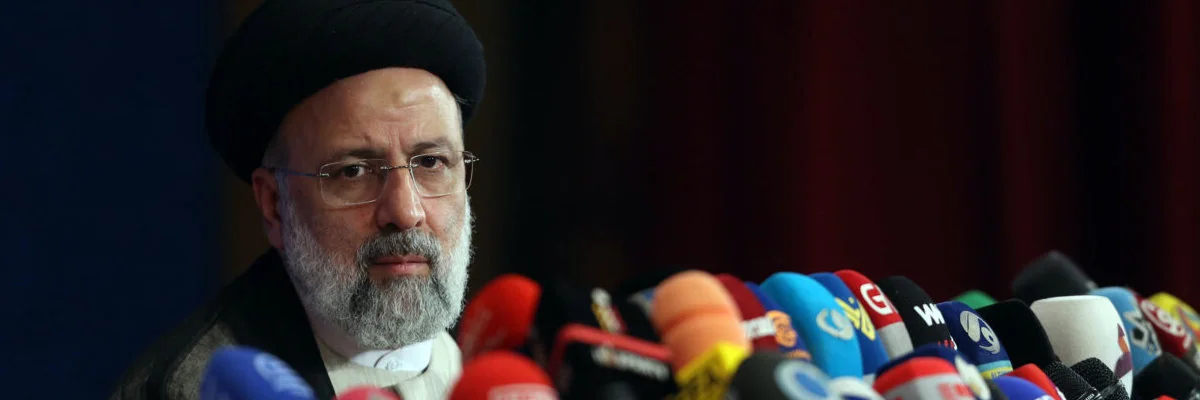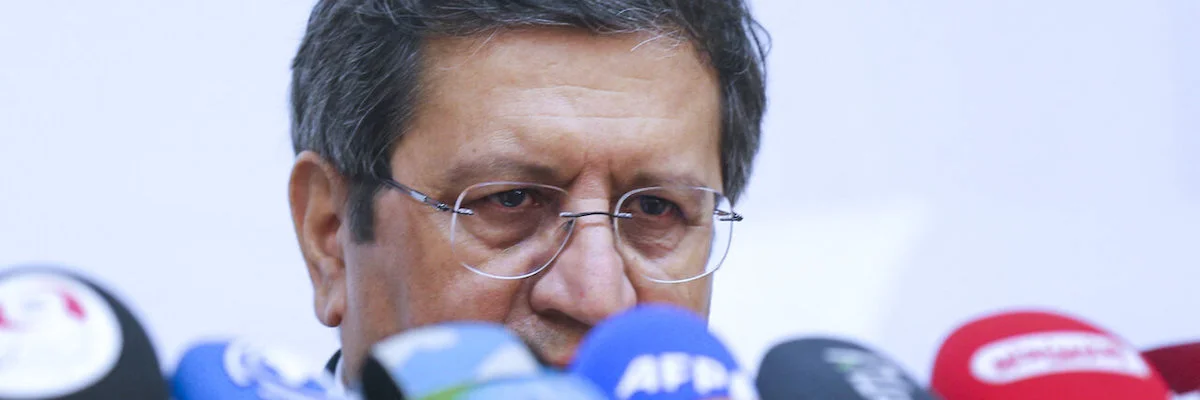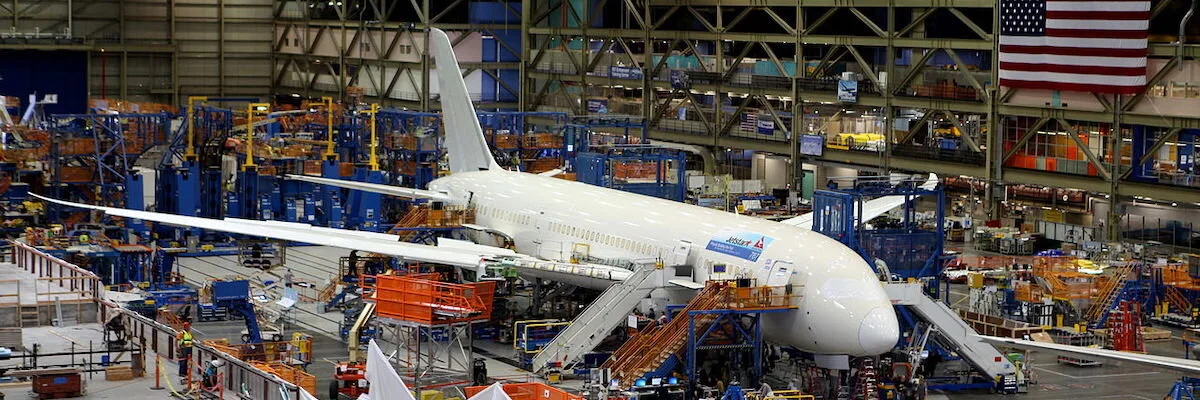The appointment of Ali Salehabadi as Iran’s new central bank governor reflects the generational shift underway in Iranian policymaking—he was born just one year before the revolution that led to the establishment of the Islamic Republic.
asdasdasdasdasdasdasdasdasdasd





















